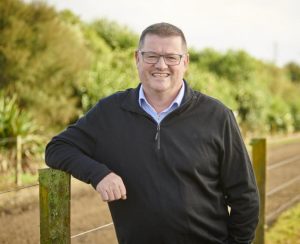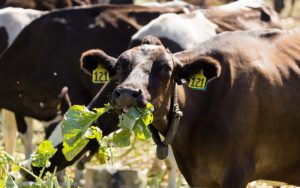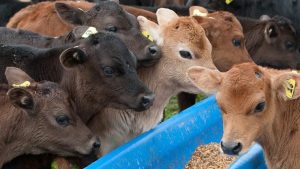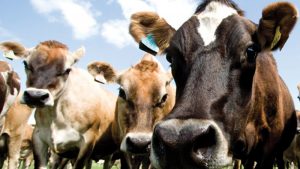
Milne has served on the organisation’s board for nearly five years and is standing for election as president at the upcoming general assembly in Budapest from June 7-10.
She is one of three candidates, something she says is positive.
“It’s healthy to have options and a lot of diversity of thought and debate on the way forward,” she says.
The WFO’s role is essential because it brings farmers to the table and New Zealand has specific skills and insights to share, she says.
Organisations like the United Nations have multiple conversations around food production, food systems and food security “and having actual farmers at those conversations is critically important”.
Among other things, it ensures that any policies and programmes can actually be implemented, she said.
Farmers add an incredible amount of value to those conversations, Milne says.
The WFO – which was formed in 2011 – has the added advantage of representing a wide spectrum from underdeveloped nations right through to fully developed countries, “so we bring together the abilities and the perspectives from the ground from all those farming types”.
The WFO’s clout has grown and in the past five or six years it has started to be seen as a “powerful advocacy voice”.
The UN now reaches out for advice on issues like the war in Ukraine, in particular as 15% of the world’s calories come from the Ukraine area.
The UN’s Food and Agriculture Organisation has estimated that if there is a prolonged disruption in exports of wheat, fertilisers, and other items from Ukraine and Russia, the number of undernourished people worldwide could increase by between 8 million to 13 million more people in 2022-23.
The WFO makes it possible for policymakers to understand the options on the ground, because “if you don’t know how a farming system works, assuming that the slack can be picked up somewhere else or by some other means is a big assumption”.
Milne says NZ brings something specific to the table.
“We farm in a different style to many other parts of the world. Our economy is heavily reliant on farming, so we’ve got a very innovative farming community.”
She says NZ agriculture doesn’t benefit from the same subsidies as many farming nations, so we have a different way of looking at things.
Today a great deal of attention is paid to how to do better in terms of environmental impacts, biodiversity and greenhouse gas emissions.
“We bring some leading-edge experience in the way we farm to the table.”
Milne says she’s been approached by several people to run and believes it’s because she brings hands-on experience with farming and because “they like my style of delivery and the way I am able to put a message across”.
That’s “pretty important at the moment given that farming, especially livestock farming, is under so much pressure,” she says.

























